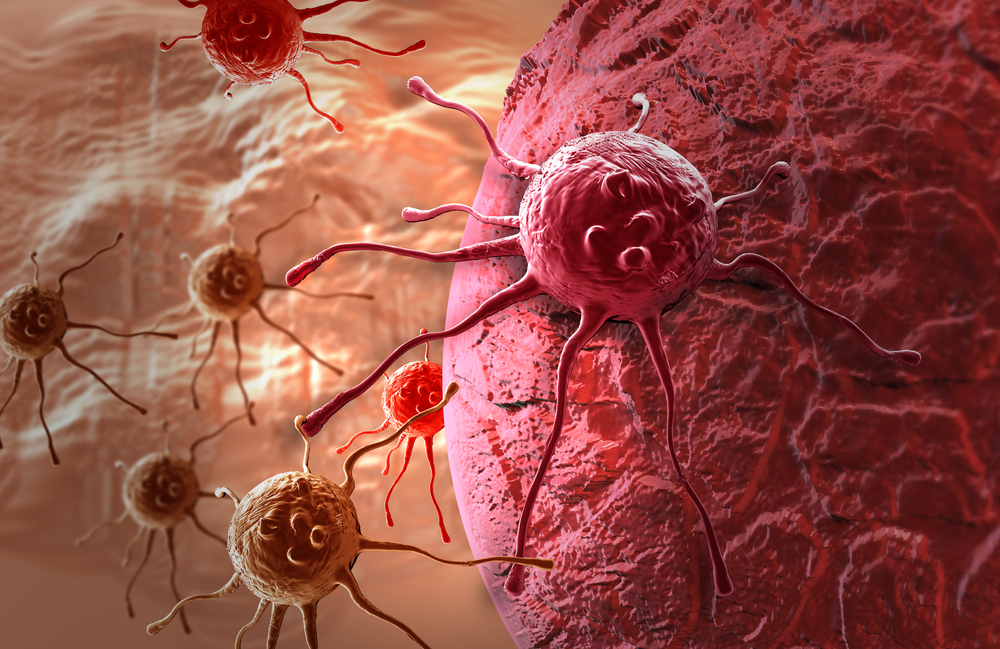Endometriosis is a benign chronic gynecologic condition that develops as a consequence of endometrium (inner lining of the uterus) cells that normally grow inside the uterus initiating their growth outside the uterus, leading to infertility and pelvic pain, usually during menstruation. It affects as much as 10-15% of all reproductive-age women and the inflammation associated with the cyclic detachment of cells from the wrong site during menstruation is deemed to cause the pain associated with the condition.
Very rarely do endometriosis cells can transform into cancer cells. A recent paper published in the Mexican Cirugía y Cirujanos journal reports on one of such cases. Physicians from the Hospital Juárez de México diagnosed a clear cell carcinoma arising from the abdominal wall probably related to endometriosis. Dr. Erik Efraín Sosa-Durán led the study that also reviewed the hypotheses for cancer transformation that are thought to occur in 1% of all endometriosis patients. The most accepted one involves the influence of oxidative stress and chronic inflammation ever present in the endometriosis environment (and, as discussed earlier, responsible for most symptoms of the disease).
In turn, these factors cause the accumulation of genetic alterations or damage. Genes affected can be deactivated, like those playing a role in regulating cell cycle or programmed cell death (the so-called tumor suppressor genes), others might be super-activated, like those playing a role in cell proliferation, oncogenes. The end result is the development of mutant cancer cells like those found in this patient’s clear cell carcinoma.
Due to its rarity, there is little evidence guiding treatment of endometriosis-derived cancers. Nevertheless, in the case of clear cell carcinoma, the surgical resection seems to be the most accepted treatment and is associated with good prognosis. After a follow-up of 5 years, more than 80% of patients are still alive.
The malignant transformation of endometriosis must be suspected in any case of a large and rapidly growing nodule or mass in the abdominal or pelvic wall. Suspected cases should be referred to a specialist.

